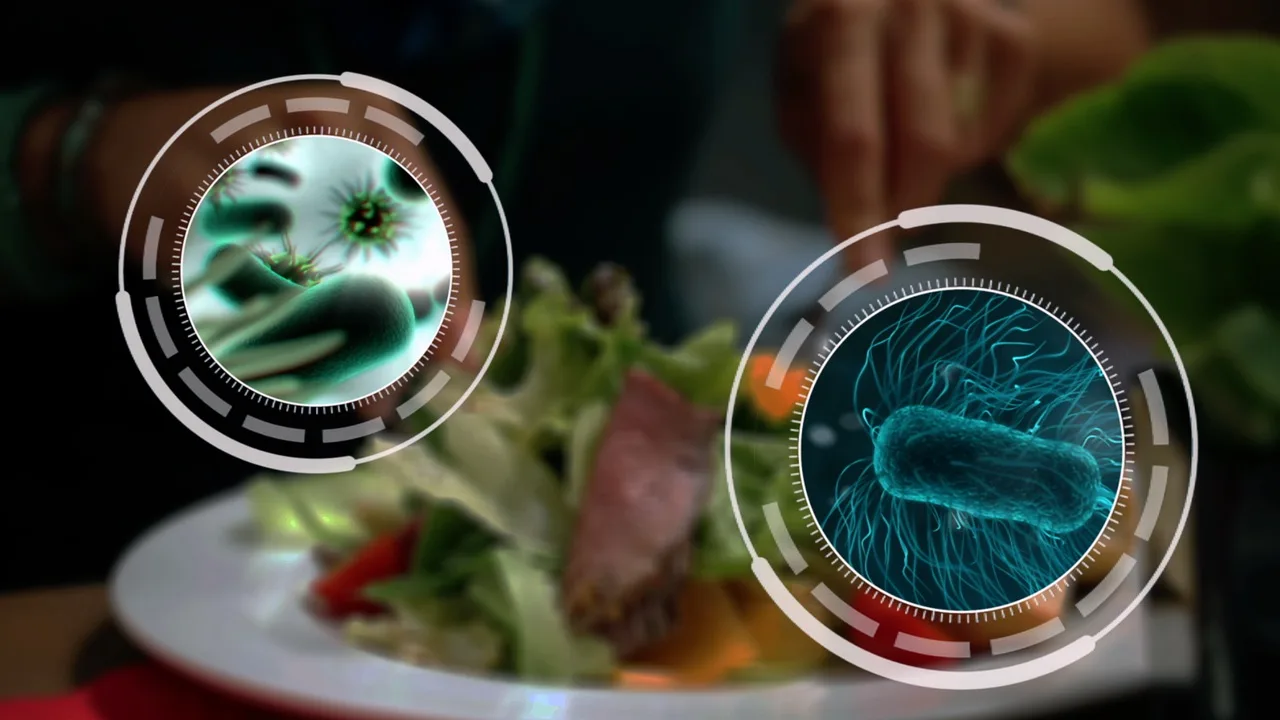Imagine this: you’re famished, finally dig into that delicious street food, and bam! A few hours later, your stomach feels like it’s doing the Macarena, and you’re contemplating befriending the porcelain throne. That, my friend, is the unpleasant reality of food poisoning. But beyond the immediate discomfort, food poisoning can wreak havoc on your body in ways you might not expect. Let’s delve into the not-so-pretty world of foodborne illness and explore the harm it inflicts on our internal systems.
The Culprits and Their Crimes
Food poisoning is essentially a war between your body and unwelcome invaders. These invaders can be a rogue’s gallery of nasty characters:
Maruti Suzuki Swift 2024: Booking, features, launch date and price
2024 Bajaj Pulsar 125: Powerful bike with powerful updates!
- Bacteria: Bacteria like Salmonella and E. coli love to take up residence in improperly cooked or stored food. They then release toxins that irritate your gut lining, causing the party favors of nausea, vomiting, and diarrhea.
- Viruses: Ever heard of norovirus? This common culprit is behind those awful stomach flu outbreaks. It spreads through contaminated food or close contact and disrupts your gut’s ability to absorb fluids, leading to dehydration and weakness.
- Parasites: These unwelcome guests, like giardia, can hitch a ride on contaminated food or water. Once inside, they irritate your intestines and cause bloating, gas, and diarrhea.
- Toxins: Some foods, like certain mushrooms or improperly canned goods, can contain natural toxins. These toxins directly irritate your digestive system, leading to unpleasant symptoms.
The Battlefield: Your Digestive System
The damage caused by food poisoning depends on the specific culprit and your body’s resilience. Here’s a breakdown of the battlegrounds within your body:
| Body Part | How Food Poisoning Wreaks Havoc |
|---|---|
| Stomach | Irritated by bacterial toxins or viral invasion, leading to nausea and vomiting. |
| Small Intestine | The lining gets inflamed, hindering nutrient absorption and causing diarrhea. |
| Large Intestine (Colon) | Unable to absorb water properly due to viral or bacterial disruption, leading to dehydration. |
Beyond the Bellyache: The Systemic Toll
While the digestive system takes the brunt of the attack, food poisoning can have wider consequences:
- Dehydration: Vomiting and diarrhea lead to a rapid loss of fluids and electrolytes, causing weakness, dizziness, and even kidney problems in severe cases.
- Nutrient Deficiencies: Malabsorption due to gut inflammation can lead to temporary deficiencies in essential vitamins and minerals.
- Fatigue: The body’s fight against the invaders depletes energy reserves, leaving you feeling drained and exhausted.
- Weakened Immune System: Food poisoning can leave your immune system temporarily compromised, making you more susceptible to other infections.
The Recovery Road: Tips to Bounce Back
Thankfully, most cases of food poisoning resolve within a few days with proper care. Here are some tips to help your body win the battle:
- Hydration is Key: Replenish lost fluids with water, clear broths, or oral rehydration solutions to prevent dehydration.
- Bland is Best: Stick to bland, easily digestible foods like toast, rice, and bananas to give your digestive system a break.
- Rest and Recuperation: Your body is fighting a war – give it the rest it needs to recover.
- Seek Medical Attention: If symptoms persist for more than a few days, experience bloody stools, severe pain, or high fever, consult a doctor to rule out complications.
Food Safety First: Preventing the Battle
An ounce of prevention, as they say, is worth a pound of cure. Here’s how to keep foodborne illness at bay:
- Wash Your Hands: Frequent handwashing with soap and water is your first line of defense.
- Cook Thoroughly: Ensure meats reach proper internal temperatures to kill bacteria.
- Store Food Properly: Refrigerate or freeze leftovers promptly to prevent bacterial growth.
- Beware of Cross-Contamination: Keep raw foods separate from cooked ones to avoid transferring bacteria.
- Be Wary of Street Food: Unless you’re confident about hygiene standards, exercise caution with street vendors.
Remember: Food poisoning is a battle you can win. By understanding the enemy, taking care of your body during the fight, and practicing safe food handling, you can keep those unwanted belly rumbles at bay and enjoy your meals with peace of mind.



